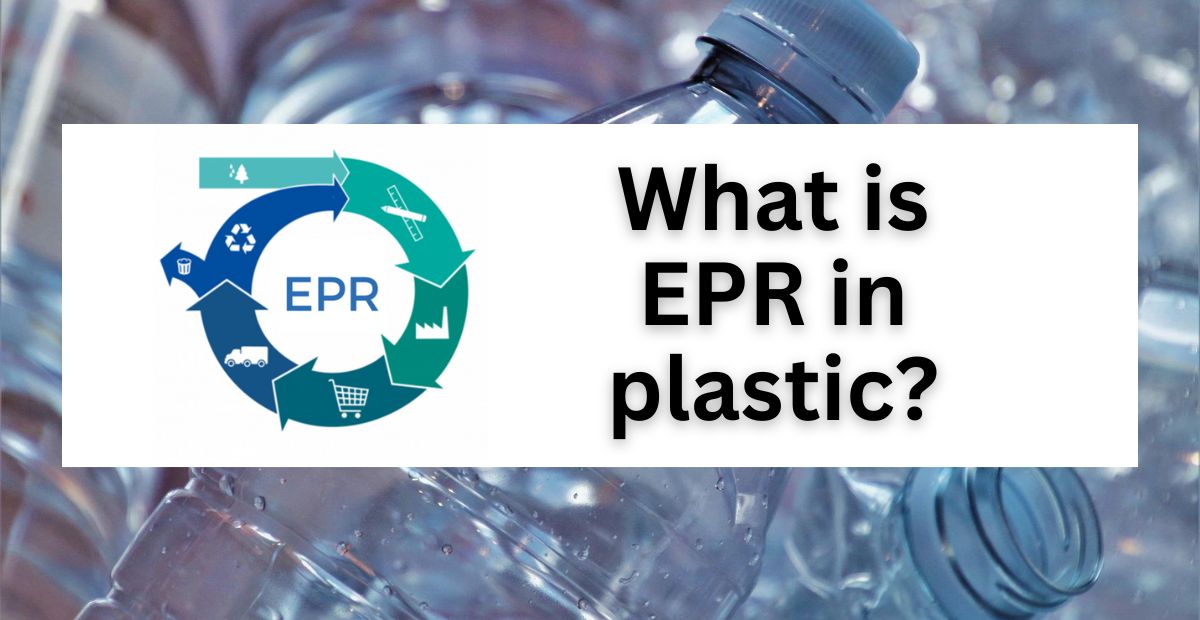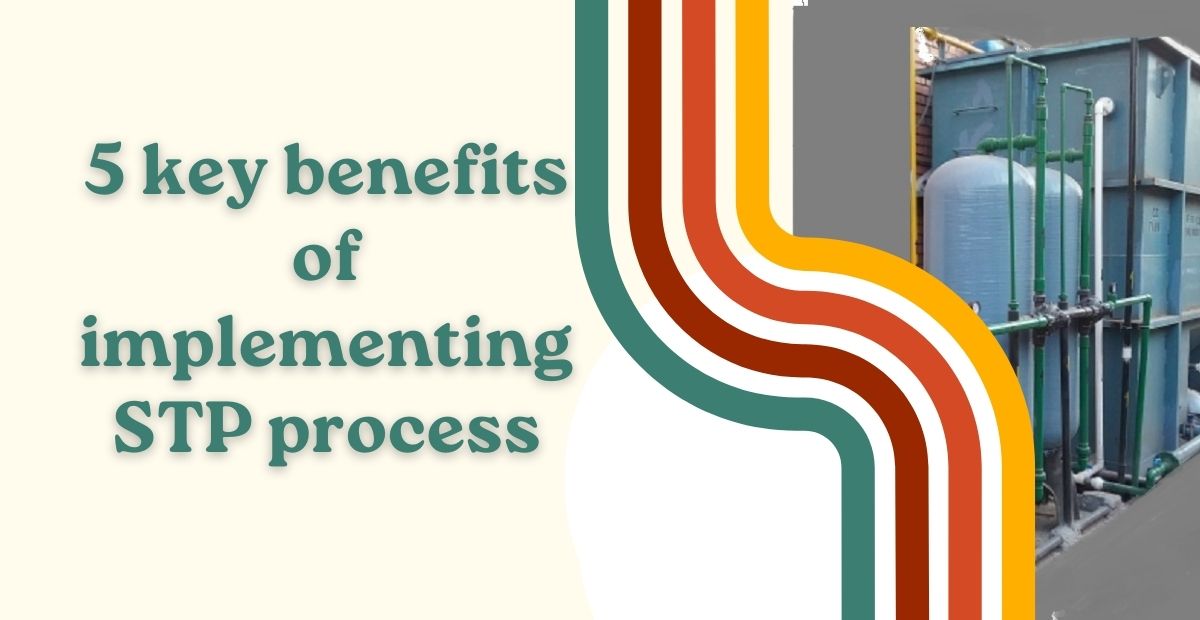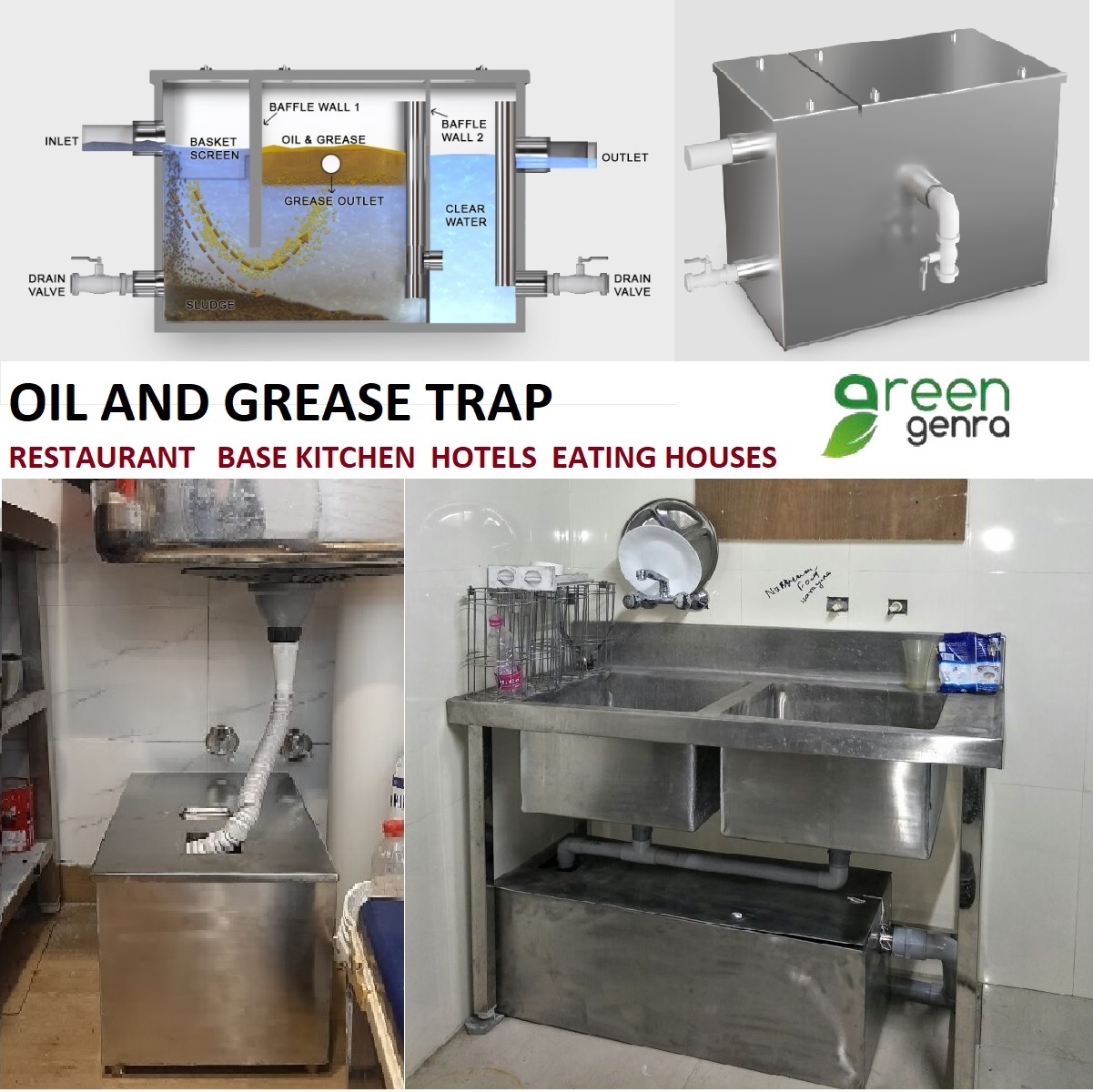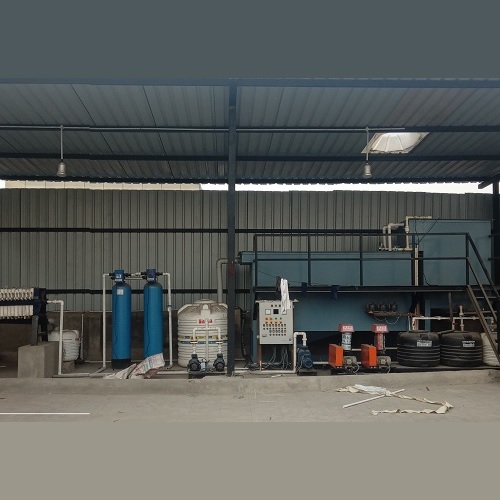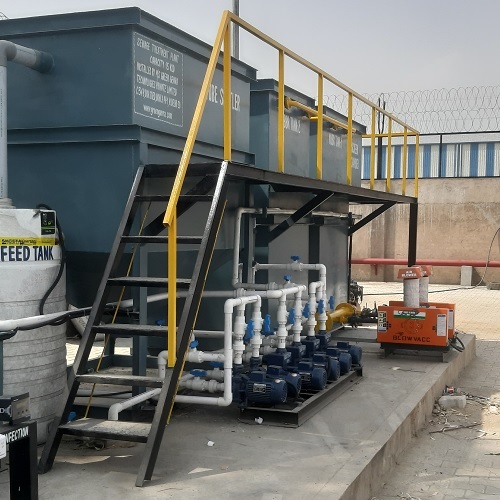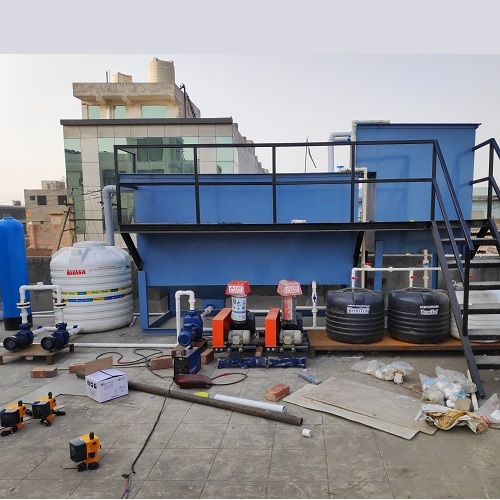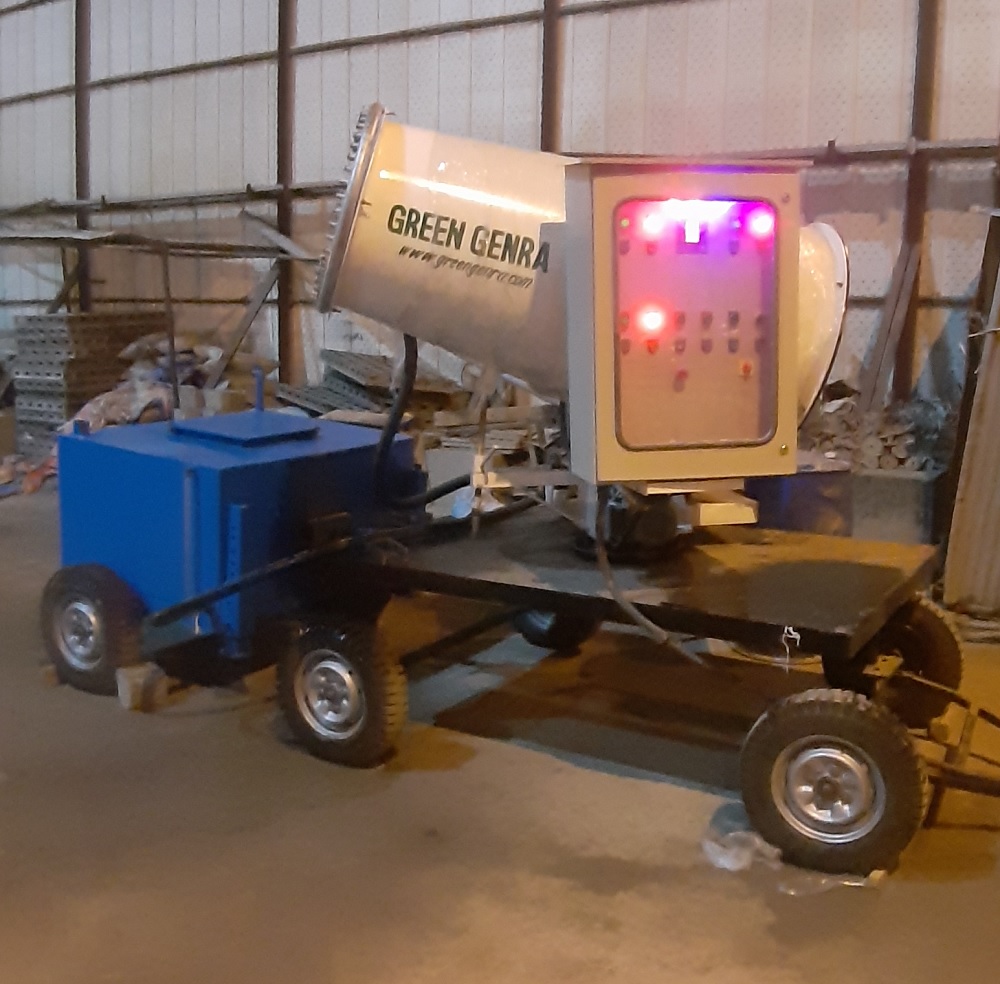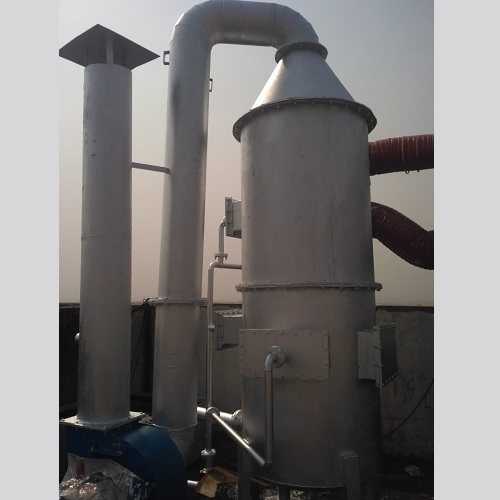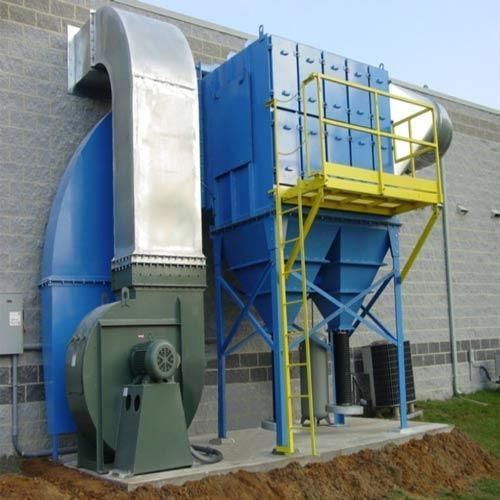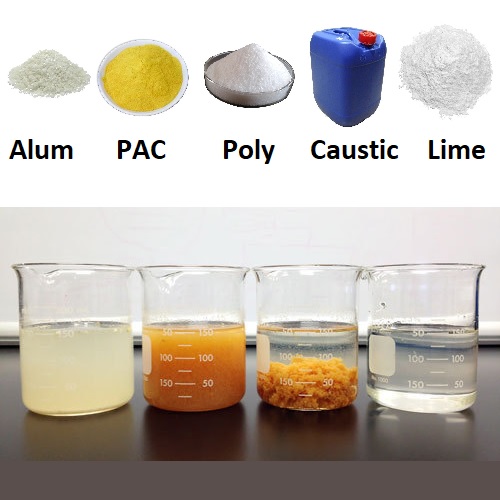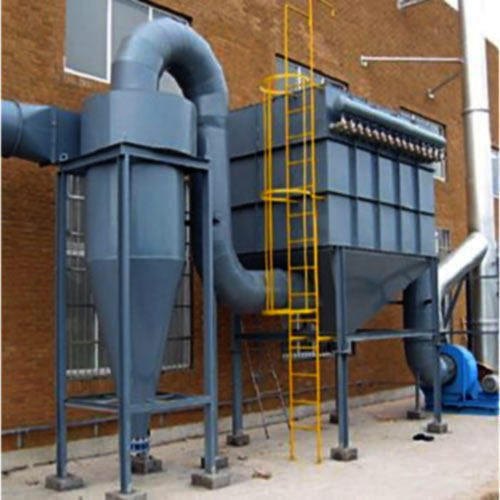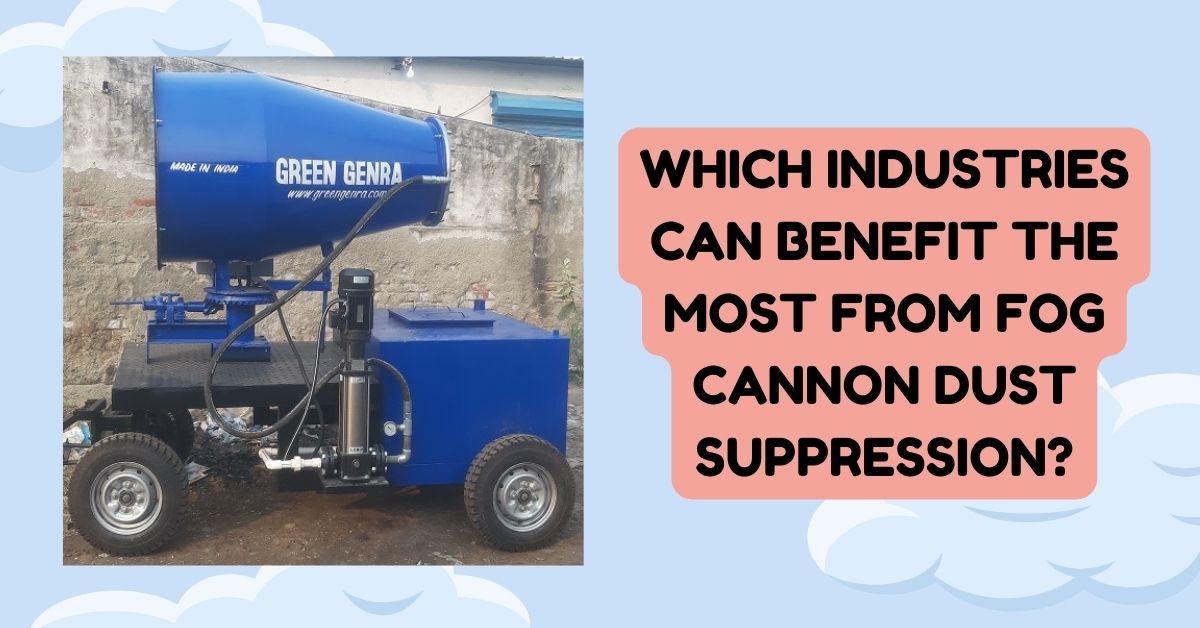What are the functions of Delhi Pollution Control Committee?
Delhi Pollution Control Committee or DPCC is an autonomous body involved in managing environmental issues in the national capital.
DPCC is responsible for monitoring and controlling pollution levels in the city, including water and air pollution. It implements measures to improve quality of the environment and enforce regulations to minimize the pollution.
Delhi Pollution Control Committee, an environmental regulatory body in Delhi is responsible for addressing and controlling various pollution forms in the city. It performs variety of functions that include –
1. Monitor and Analysis: DPCC monitors air and water quality in Delhi. It collects data on pollution levels, identify the sources of pollution, and conduct analysis to assess the impact on the environment.
2. Enforcement and environment laws: The body enforces environmental laws and regulations to make sure that that industries, startups, individuals and businesses adhere to the pollution control measures and standards. The various environmental laws and regulations include regulating emissions, discharges, and waste management process.
3. Issuing consents and permits: DPCC issues permits and consent certificates to industries and businesses that meet the required environmental standards. These consents outline the conditions and limits that must be followed to reduce the pollution in the national capital. Also, DPCC issues authorizations to clinics, hospitals, animal clinics and blood banks.
4. Standards for treating sewage: DPCC lays down the standards for treatment of sewage and trade effluents and for emissions from industrial plants, automobiles, and other polluting source.
5. Assessment of environmental impact: Another significant function of DPCC is that it conducts or review environmental impact assessments for many projects to evaluate their potential impact on the environment and recommend measures to reduce the adverse effects.
6. Creating public awareness and education: DPCC works on creating awareness through its various programs and promotions about the issues in the environment among the public. The various medium of creating public awareness followed by DPCC are educational programs, campaigns, and dissemination of information regarding pollution prevention and control.
7. Research and development: The Delhi Pollution Control Committee engages in research and development activities to find cutting-edge solutions for controlling pollution. This includes studying new techniques, methods and practices to improve environmental management.
8. Collaborate with other agencies: DPCC collaborates with other government agencies, NGOs and international organizations to address challenges and pollution issues in the environment effectively. DPCC ensures all the stakeholders including the citizens and businesses co-operate for the successful implementation of the comprehensive pollution measures.
9. Emergency response mechanism: The Delhi Pollution Control Committee is involved in developing and implementing emergency response plans for dealing environmental emergencies like industrial accidents, chemical leaks, and other incidents that may have severe environmental consequences.
10. Role of the advisory: DPCC may provide suggestions, recommendations and advice to the Delhi government on environmental policies, initiatives and regulations aimed at sustainable development and control of pollution in Delhi.
The specific functions of DPCC may change and evolve over time in sync with changes in environmental laws, emerging challenges and policies.
Also Read:- How to get a Pollution Certificate/License for business in Delhi?
































Definition and Purpose of ETP (Effluent treatment plant) ETP means Effluent Treatment Plant. It is a meticulously designed...
EPR stands for the extended producer’s responsibility for the plastic waste. EPR registration process for plastic waste...
A sewage treatment plant or STP is a device that is smartly engineered by the expert STP manufacturers in Gurgaon to treat se...
An Effluent treatment plant or ETP is a thoughtfully designed facility to treat industrial waste water generated from the man...
Fog Canon dust suppression is a device that is meticulously designed to reduce the dust particles in the air. The device i...
Also known as mist cannon, Fog Cannon dust suppression is a cutting-edge device that is designed to minimize dust particles i...

.jpg)
